

Hi there, I'm Sagan and I have completed treatment for stage 2b stomach cancer, but am still taking pain medication.
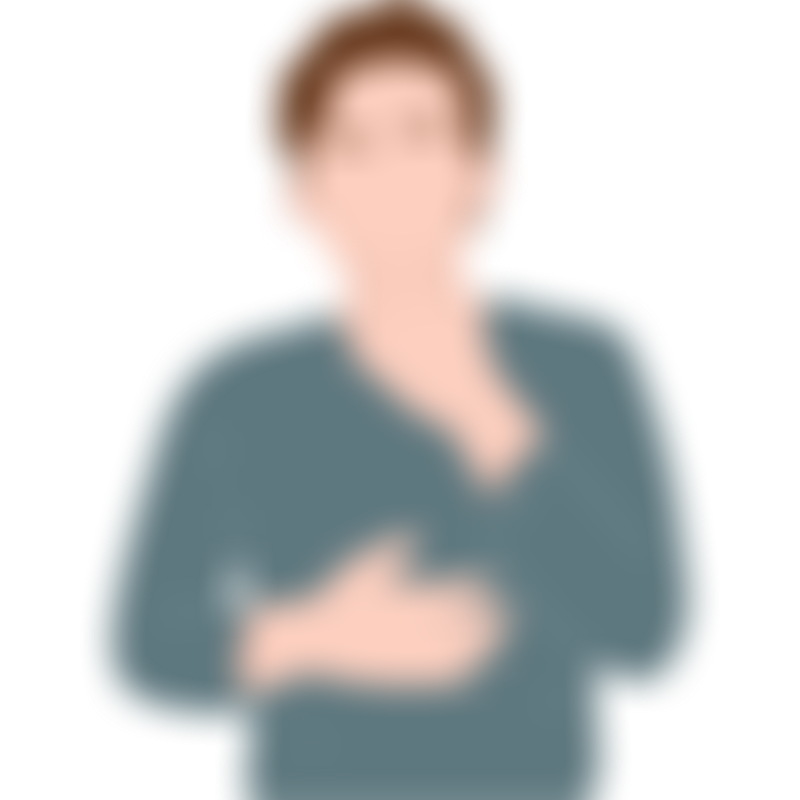
It all started with bloating after meals and some troubling symptoms like
- skin lesions
- night sweats
- persistent indigestion
When I saw a doctor, I was originally checked for anemia using a complete blood count (CBC) test. During an endoscopy, they found a mass.
A biopsy confirmed that it was an adenocarcinoma.
They also did a liver function test and an MRI to check if the cancer had spread.
I was eventually diagnosed with stage 2b stomach (gastric) cancer.

To be honest, I felt neutral upon receiving the diagnosis.
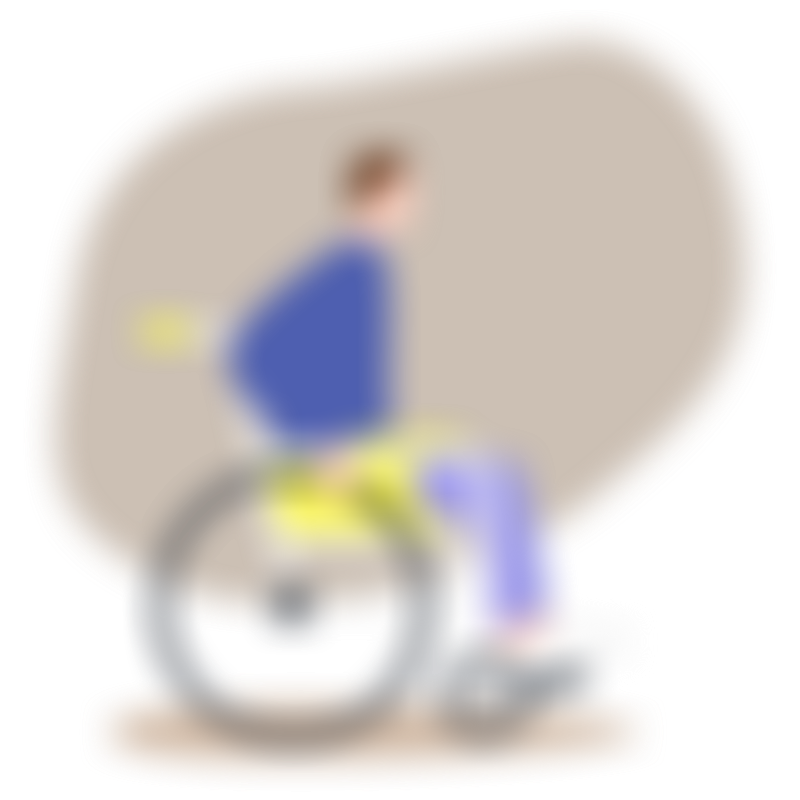
I live alone and have trouble making a lot of changes. I also have a disability and am wheelchair-bound. I have tried going through breathing exercises and some of the exercises the physiotherapist gave to strengthen my abdominal region.
Maybe overall, I have increased my exercise slightly based on my doctor’s advice and recommendations from the physiotherapist.
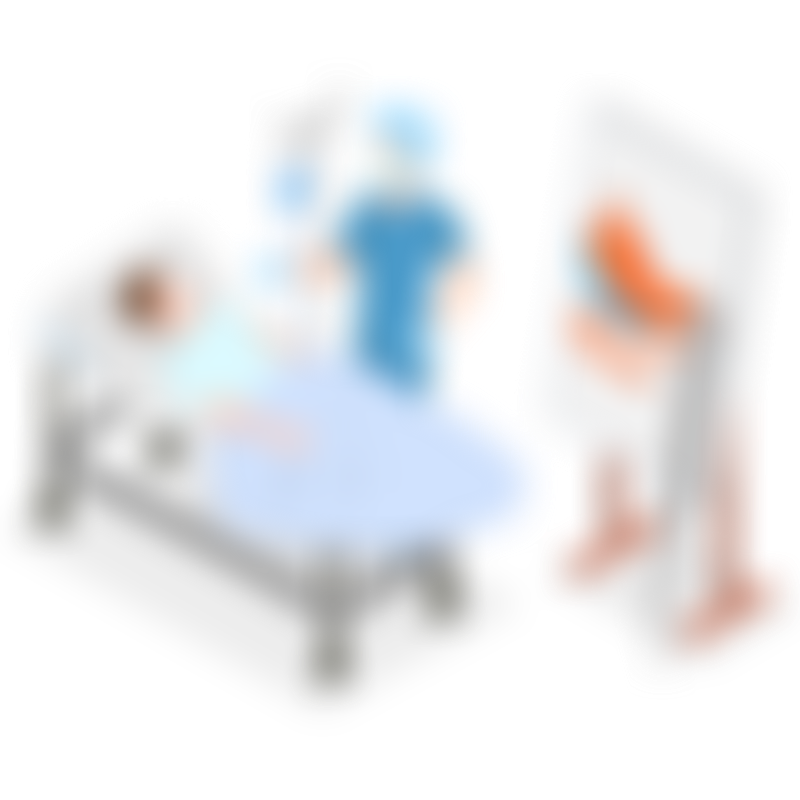
I had surgery to remove part of my stomach (partial gastrectomy) as well as chemotherapy (Capecitabine, Oxaliplatin, and others) and pain medication.
I opted for these treatments based on my doctor's advice and financial considerations. I was quite positive, mainly hopeful, after deciding on my treatment plan.
I have completed treatment but am still taking pain medication. I am also taking Omeprazole to reduce acid production in the stomach, Loperamide for diarrhea and probiotics to help restore my gut health after chemotherapy.
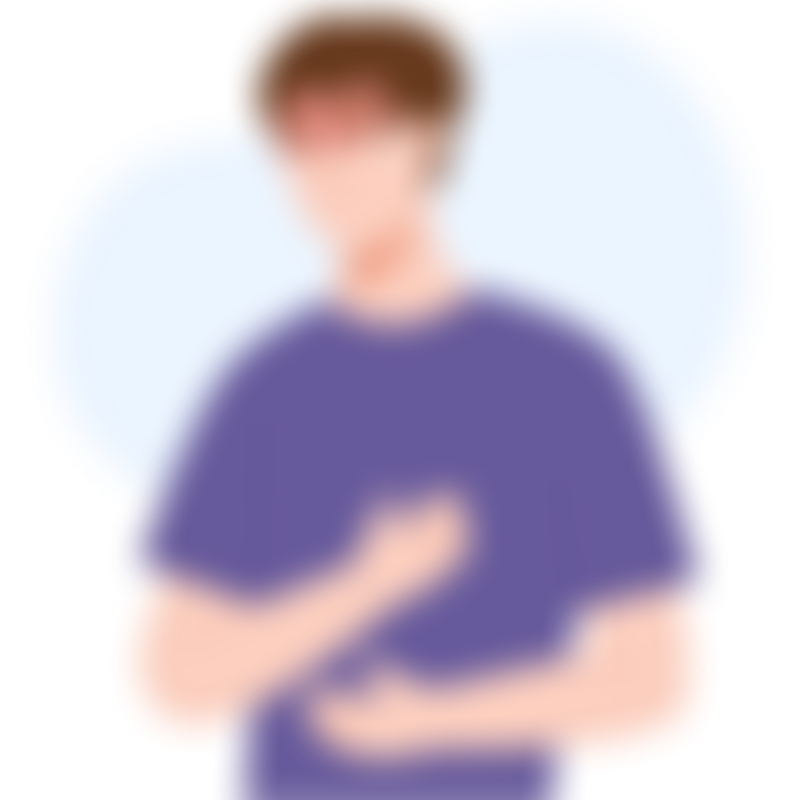
I struggled with side effects like
- nausea
- vomiting
- peripheral neuropathy
I was prescribed anti-nausea medication for nausea and vomiting. Some of my medications were constantly being adjusted to manage neuropathy.
In addition, I had low blood cell count and this made me more tired and fall sick more often. I got the flu very easily.
I also had mucositis, and it made it difficult to eat and swallowing was very painful. I was also given a special mouthwash to manage my mucositis.
Thankfully, I didn't face financial difficulties during treatment.
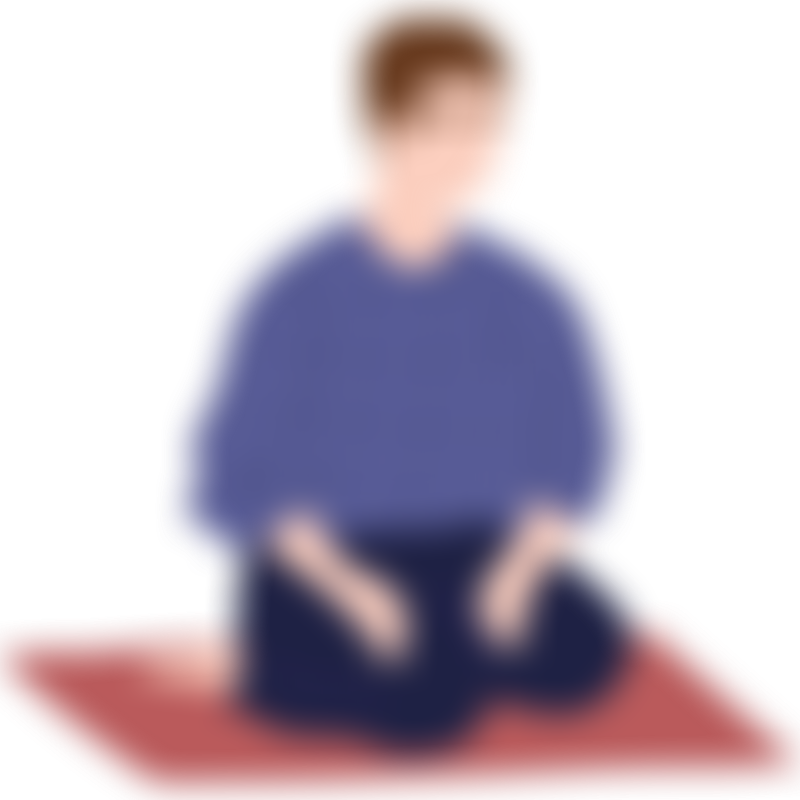
Since beginning treatment, I've been focusing on the exercises my physiotherapist had shown me to strengthen my core. I went through breathing exercises as well. I’ve also been taking high-protein and high-calorie foods post-treatment, as well as vitamins and minerals to prevent deficiencies. Despite the challenges, I've tried to contact my parents more often.
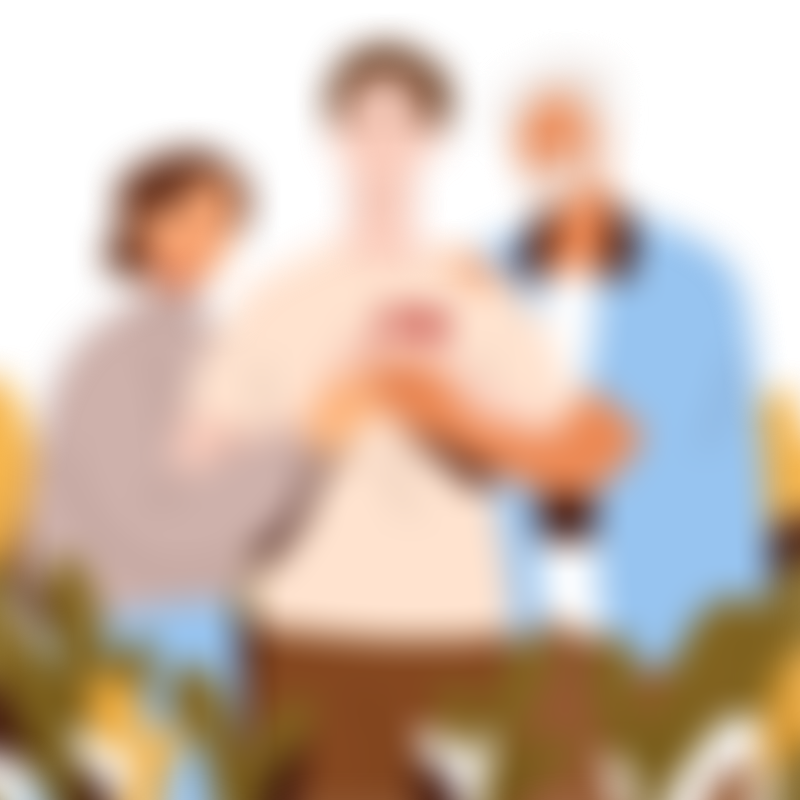
Moving forward, I plan to visit my parents. I haven’t managed to see them since my diagnosis. They live very far away and aren’t able to travel to see me at their age. I’ve tried to talk to them over the phone a few times a week. That’s the most I can do for now. I hope I’m able to visit them when I get better.
I’ve closed down my business since getting diagnosed. It was hard to run it with the ongoing treatments and side effects. I hope to start something new once I recover, perhaps plan out some contingencies this time so my employees don’t go out of work if my cancer were to come back.
I’ve never really spent a lot of time with my parents. I moved out at a young age and chased my ambitions and I thought that was enough. I’d like to spend more time with my parents. It was something I regretted throughout my treatment.
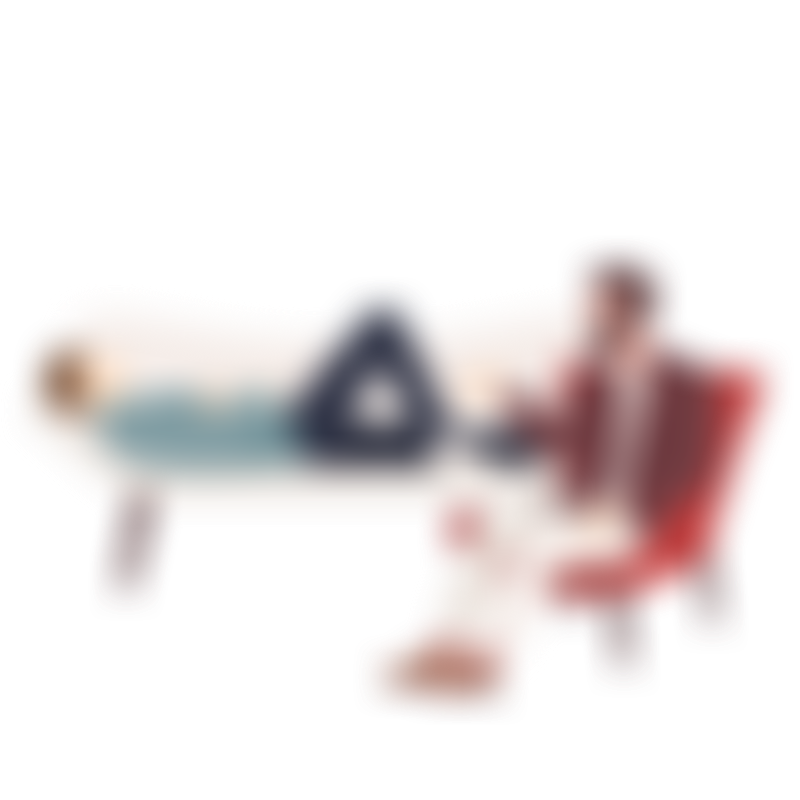
Death was my biggest fear. I’m currently wheelchair bound and I was worried that it would make my treatment harder to go through. I didn’t know how (I was) going to cope through all this. I already felt burdened by my disability and It felt like things were getting from bad to worse. To cope with this fear, I went for therapy and talked to my parents over the phone.

After everything, I now feel optimistic and inspired. I am thankful and relieved that I was able to overcome the difficulties of cancer treatment.
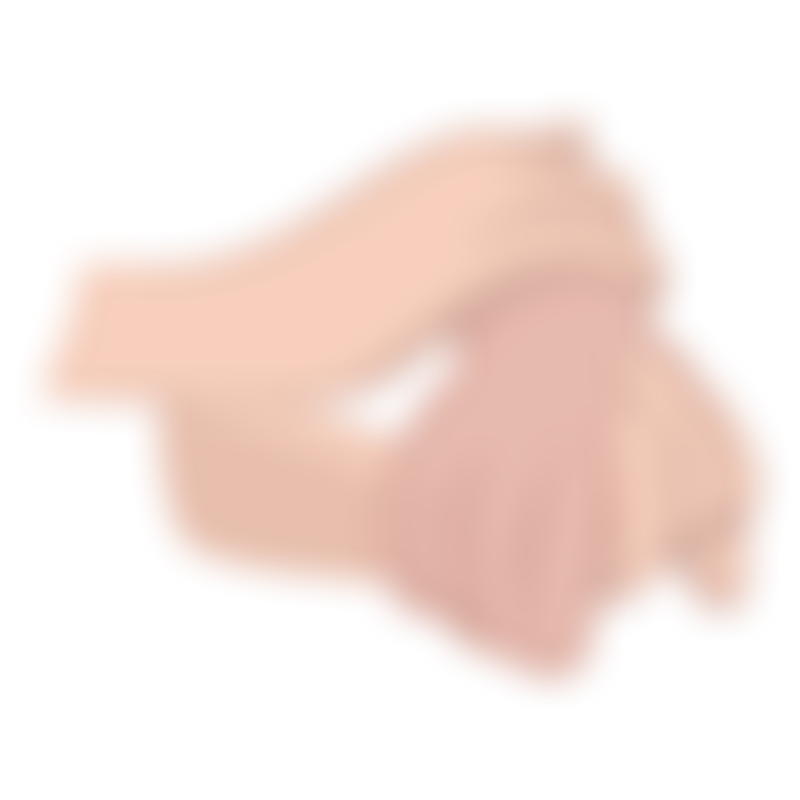
To those on their own cancer journey, I'd say, "You are not alone. No matter how you feel like you are, as long as you try to seek it out, you will be able to get help and support. Don’t try to do it all alone."
This patient's story is published and shared with their full consent. Any personal data that can be used to identify the patient has been omitted.
Click here for more information.